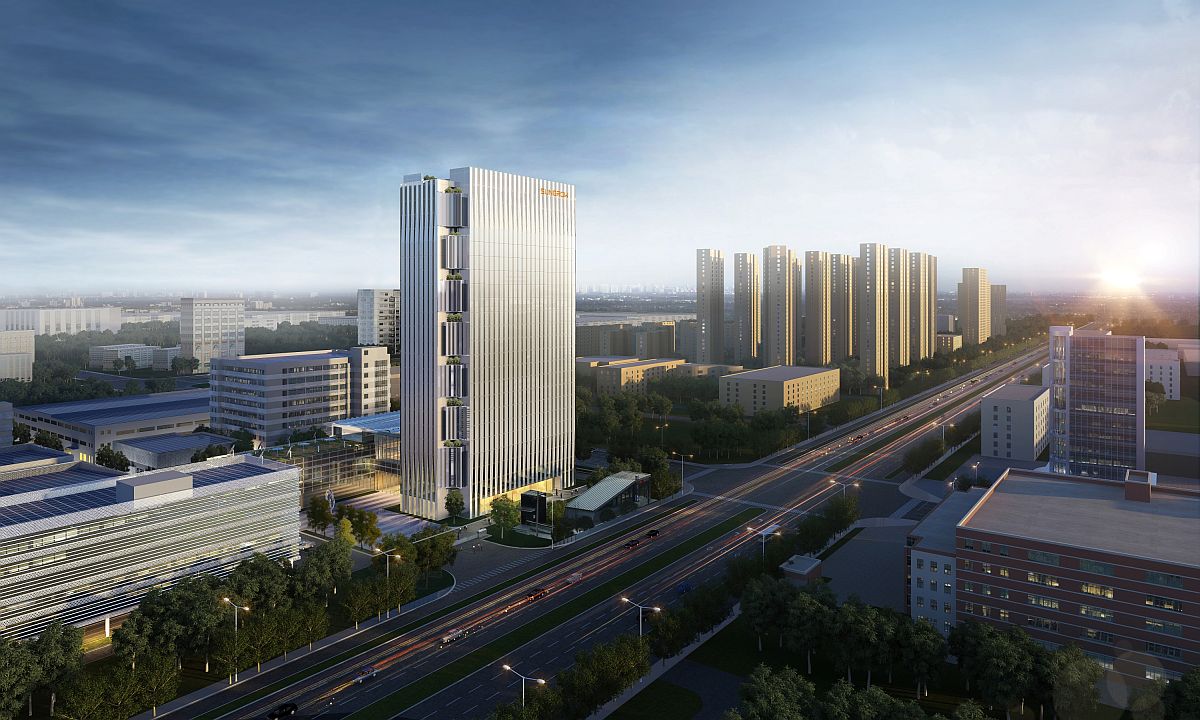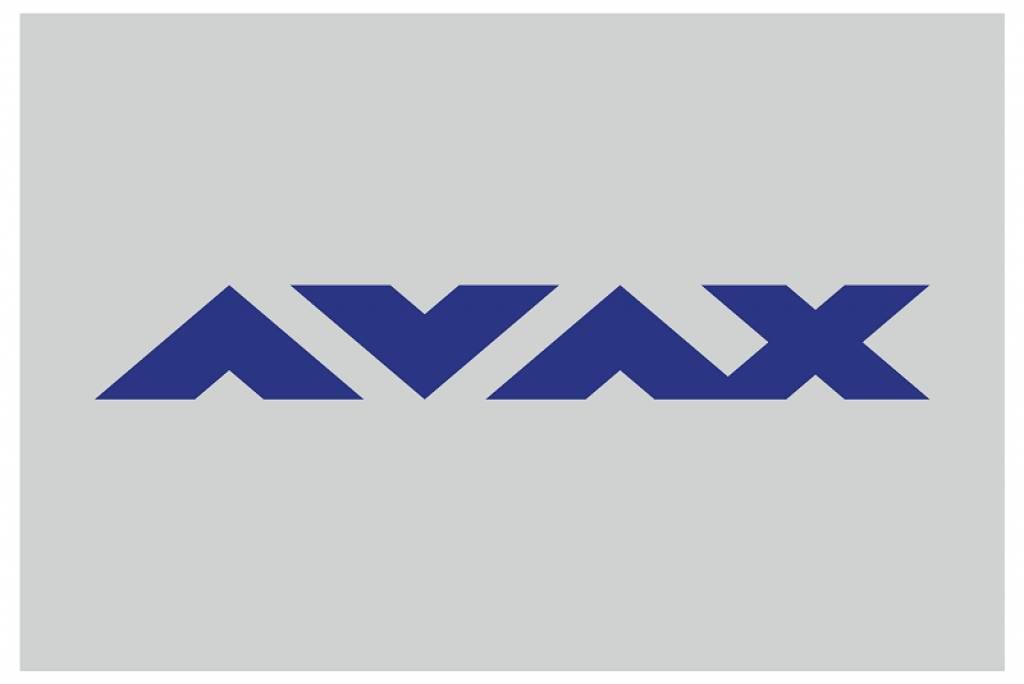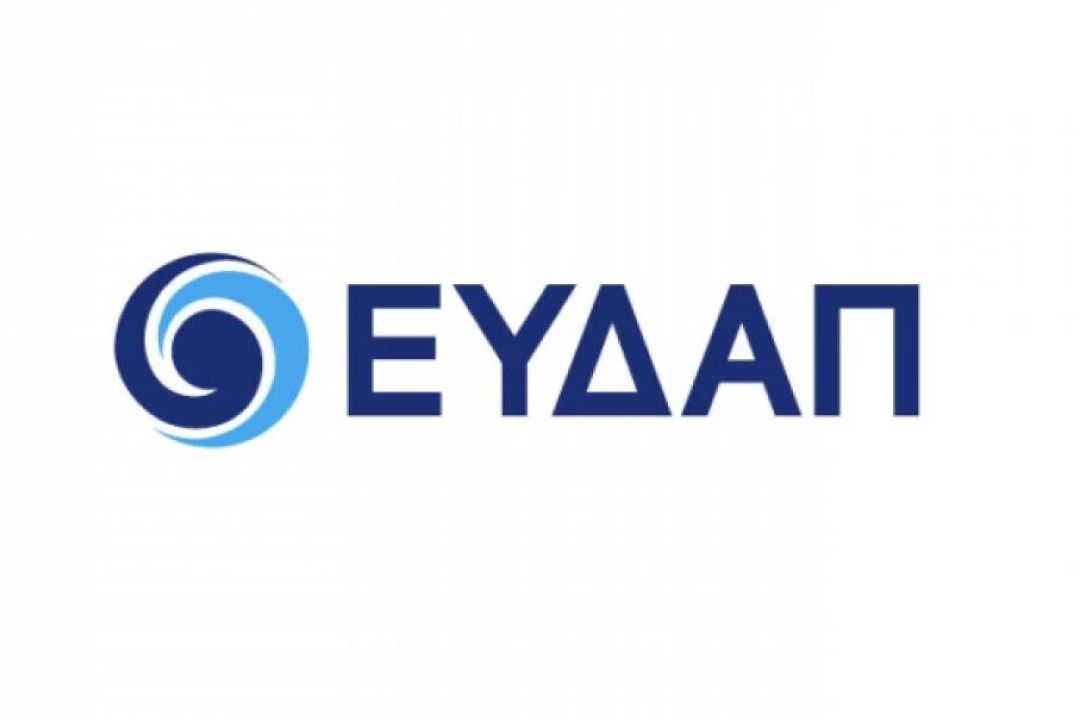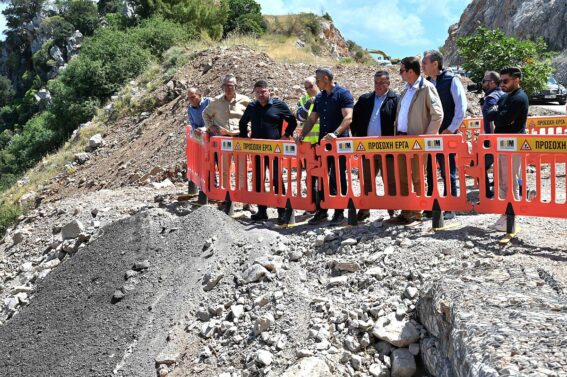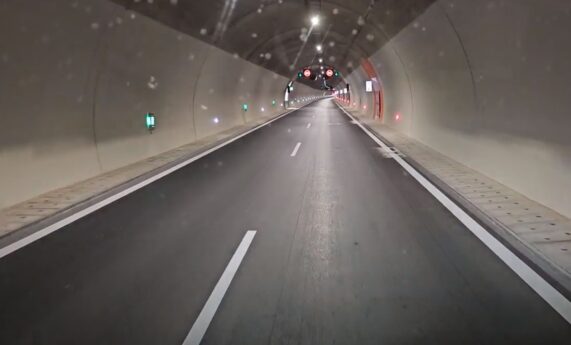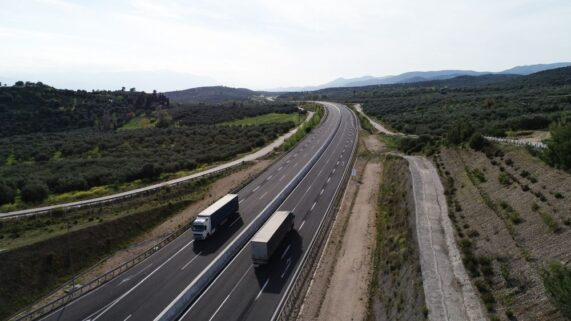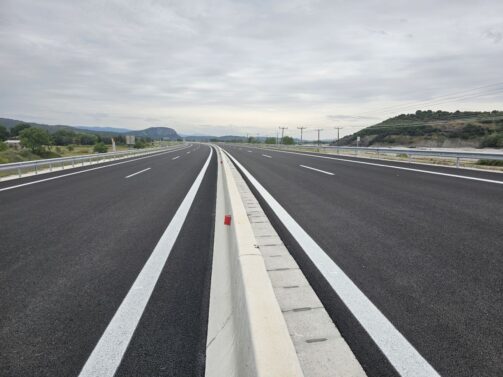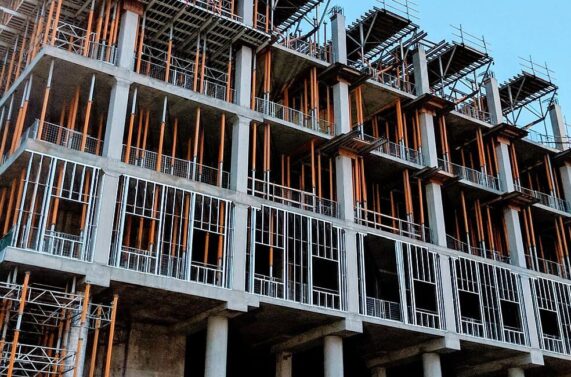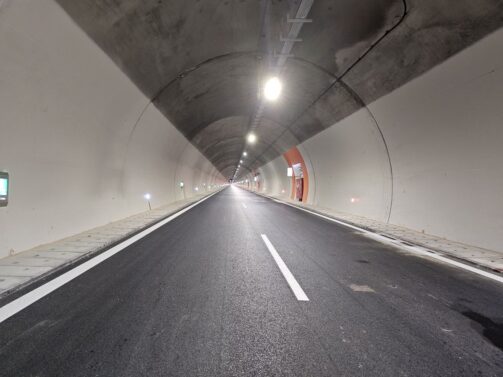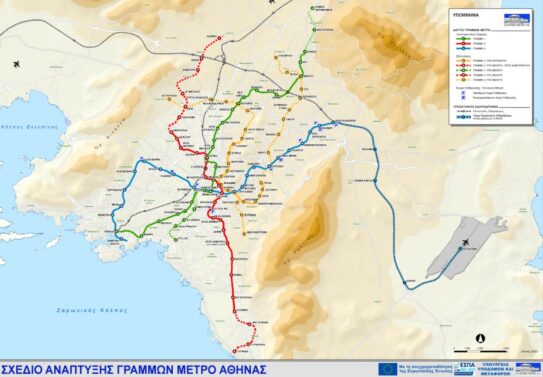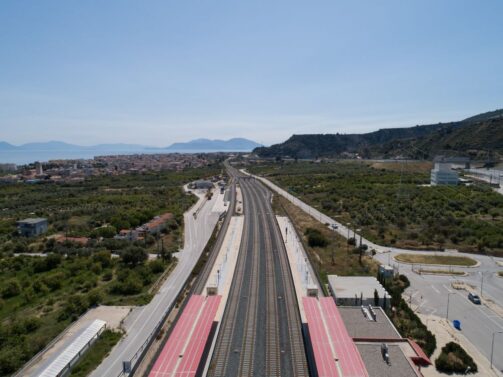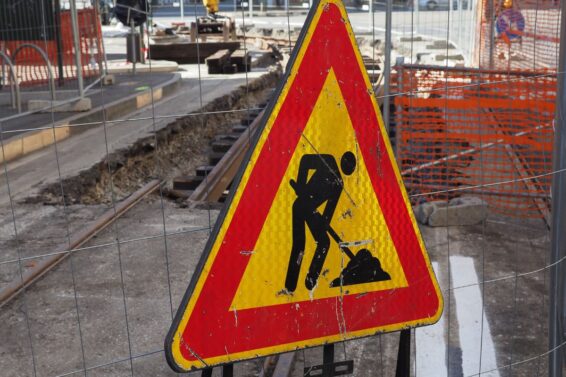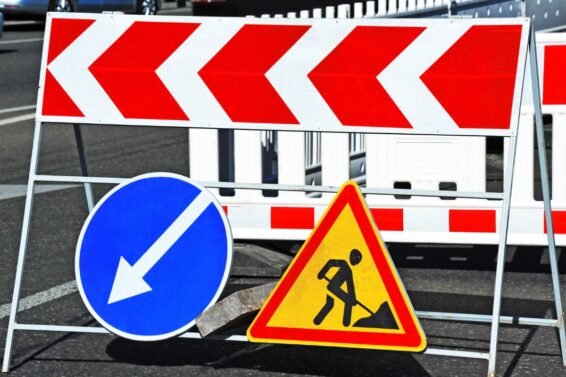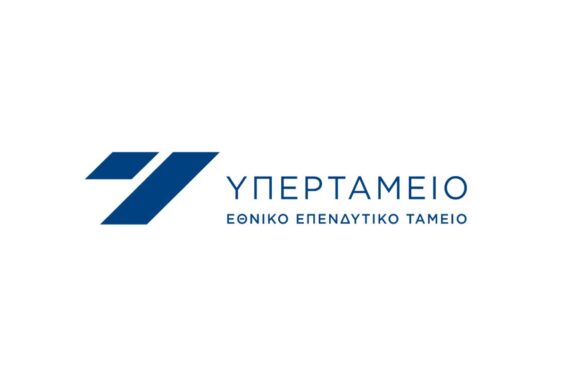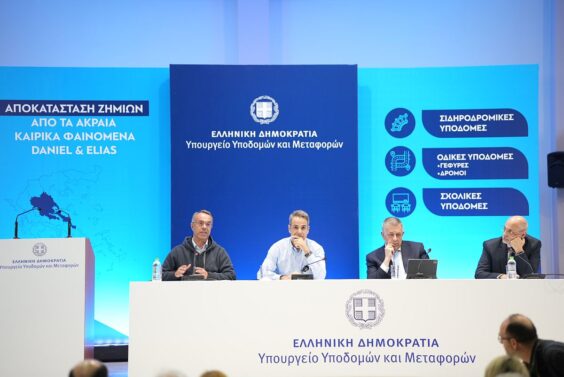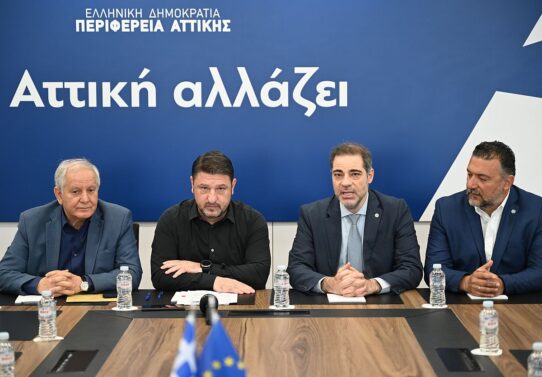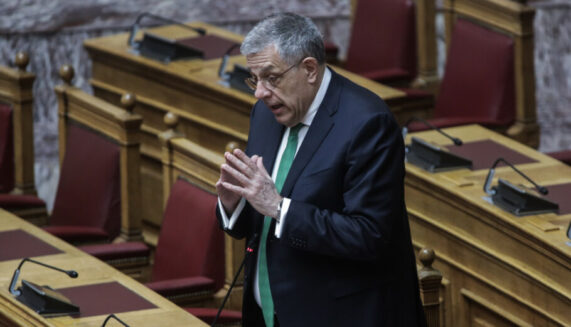Another important obstacle has been overcome for the much-praised project of Line 4 of the Athens Metro. According to information from ypodomes.com, the ten-year period that existed for any objections ended the day before yesterday, in the promotion by Attiko Metro, of the temporary contractor for both the preliminary works and the approval of the result of the tender for the main project.
The expiration of the deadline means that now the way is open for the contracting of both. The sequel for both projects, but with a lead for the pioneering work is typical.
The process with the formal documents should be completed first and then the contracts should be sent to the Court of Auditors. Then the two projects will be presented in Parliament and the public contracts will be signed.
According to information from ypodomes.com, as it is logical, the project for the preliminary works is going to have been signed by the end of January 2021. About 1 or 2 months later the big project of the construction of Line 4 will follow.
It is to be reminded that the contractor for the preliminary works is the technical company ERETVO. Now, due to the importance of the object it undertakes, ERETVO becomes the center of attention of the construction becoming.
The contractor for the main construction project of the first section of the new Line 4 of the Athens Metro, is the AVAX-GHELLA-ALSTOM consortium.
The puzzle of simultaneous works
Attiko Metro will be called upon to solve the simultaneous execution of two projects. It is the first time in Greece that something like this is tested and is expected to be a crash test for the project itself.
It is to be noted that the work of the precursor works is 30 months (2.5 years) while the work of the main project is 96 months. In the past, the contractor of any Metro project undertook the preliminary works, which are the relocation of networks of utility organizations (OKO) and the archeological works.
In this case, these first projects have been undertaken by ERETVO, which should, in the tight schedule that has completed the work per site and attribute it to the construction consortium. If we do not have any delay, the completion of the preliminary works will be completed in the summer of 2023.
What will be the key point, is finding any antiquities that can create delays. With the amendment submitted in 2019, the schedules and the overall process in the archeological works have become much tighter, but in any case, it will be a significant challenge for the project.
When will the main project start?
As in all major Metro projects in Greece, the start of the works will take some time. According to initial estimates one to one and a half years will be needed for the implementation studies and all other studies (eg transport) to be completed and approved.
After about 1.5 years from the signing of the contract (approximately in the Fall of 2022) the two subways are expected to arrive and will go to both ends of the line. One in the Veikos Grove and the other in Goudi. The construction site should be prepared there to assemble the heavy machinery and the opening of the tunnel should start.
A question mark here is whether at that point, the precursors will also have been completed on the first construction sites at the ends of the line, so that the subways can enter future line stations.
Here a contingency plan that has been implemented in both Athens and Thessaloniki, which has saved a lot of time, is the underground excavation. That is, to proceed and pass through the stations in case for some reason the excavation of the station through which they pass has not been completed.
In Athens we saw this at PIRAEUS station, at the extension of line 3 to Piraeus and in Thessaloniki, at Papafi and Venizelou stations.
A colossal project for the construction industry
The line 4 project is expected to mobilize significant forces in the construction industry. Its colossal budget of 1.8 billion euros, the duration of its construction which will reach 8-10 years, is estimated to have a beneficial effect on the technical world.
More than 5,000 people are expected to work on Metro construction sites, while subcontractors and suppliers of materials and services will create development conditions for the entire industry. It is worth mentioning that the project is co-financed by the NSRF 2014-2020.
In addition, the areas in which the stations will be built will be upgraded and the real estate will be launched with all that entails. If we consider that 9 of the 15 stations will be built in Athens and in fact in quite congested residential areas, it can be easily understood what will be the reaction to business or real estate opportunities that will be presented.
ΜΗΝ ΞΕΧΑΣΕΤΕ
- Ακολουθήστε το ypodomes.com στο Google News και μάθετε πρώτοι όλες τις ειδήσεις για τις υποδομές στην Ελλάδα
- Αν είστε επαγγελματίας του κλάδου, ακολουθήστε μας στο LinkedIn
- Εγγραφείτε στο Ypodomes Web TV

